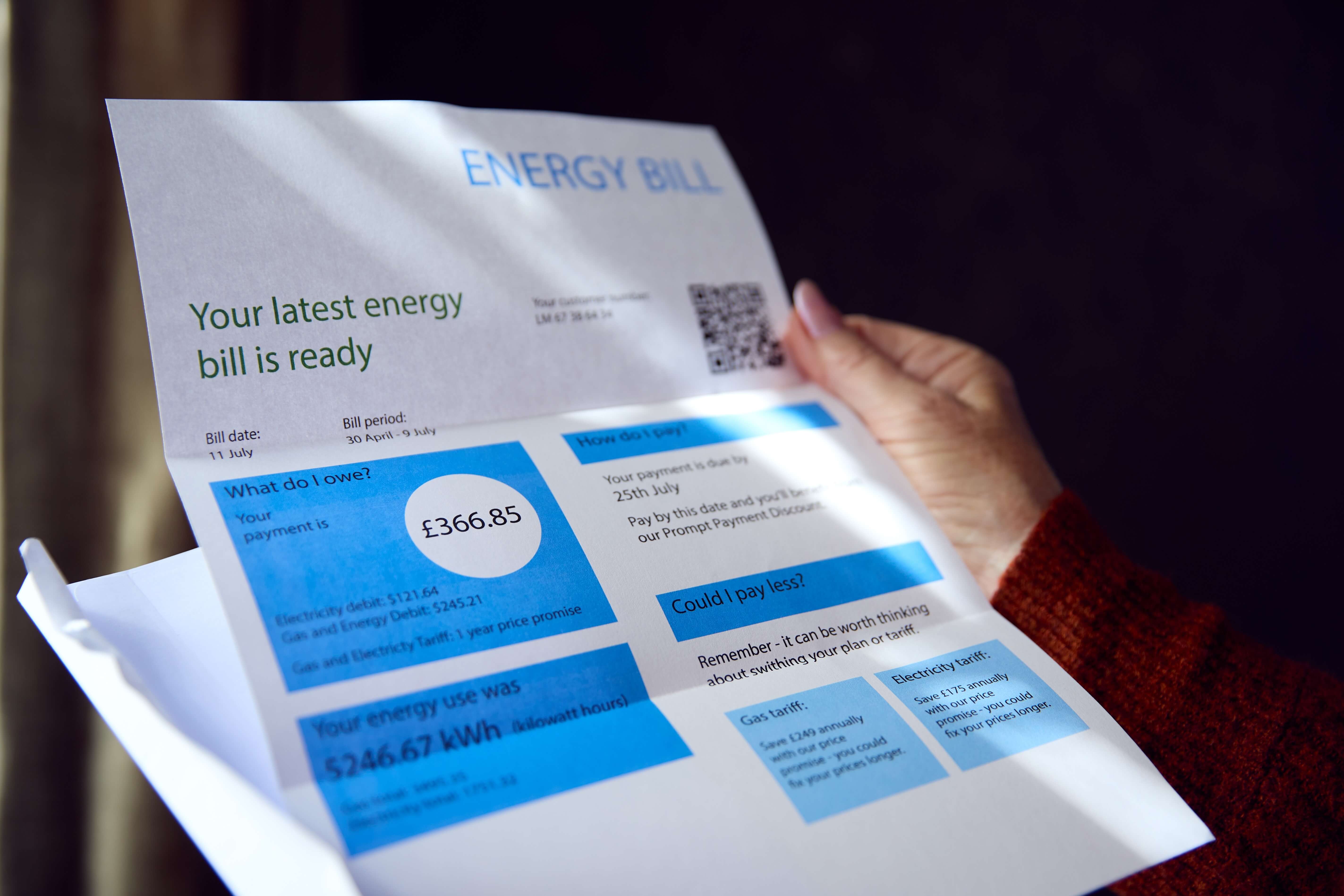
What is the energy price cap?
The energy price cap is determined by Ofgem, the energy regulator. It sets a limit on the maximum amount suppliers can charge you for each unit of gas and electricity you use and sets a maximum daily standing charge (what you pay to have your home connected to the grid). It changes every three months and is rising due to higher wholesale energy costs.
What's changing from 1 October 2024:
Under the energy price cap, there's no actual cap on what you pay, instead it's a cap on the maximum standing charge and unit rates your provider can charge, so if you use more, you pay more.
You are covered by the energy price cap if you pay for your electricity and gas by either:
- Standard credit (payment made when you get your electricity and gas bill)
- Direct Debit
- Prepayment meter
- Economy 7 (E7) meter.
Exact unit rates vary by where you live and how you pay for your energy, however on average, they will be 24.5p/kWh and 60.99p/day standing charge for electricity. Then, 6.24p/kWh and 31.66p/day standing charge for gas. This is a rise of 10%.
For example, if you pay by monthly Direct Debit, it will now cost £1,717 a year on average for a typical dual-fuel (both gas and electricity) household, or about £12 more each month. Prepayment customers will pay an average of £1,669 a year and those who pay when you receive your bill will pay an average of £1,829 a year.
What are your options?
Unlike a year ago, you can and should look to fix your energy tariffs again. The cheapest year-long fixes on the market right now are about 7% less than the new October price cap, but they might not be around long. If you're going to lock in though, you want to find the best price for your use and location, so use a market comparison site such as Martin Lewis’s, Money Saving Expert (MSE) Cheap Energy Club.
You can also switch to deals like E.on’s ‘Next Pledge’ or EDF’s ‘Ensure’ tariffs that are discounted trackers which promise to always be 3% (typically £50/year) cheaper than the price cap. You can also look at Octopus Agile and Tracker tariffs, where prices move rapidly and can be far cheaper.
Need extra help?
For more information about the support that’s available to help you with energy costs, you can visit our ‘your energy, our support’ webpage.
We’ve also got free support available to help you manage your money through our Better Days programme. Our myMoney partners, Citizens Advice, can provide you with debt advice. Visit our myMoney webpage to find out more.



